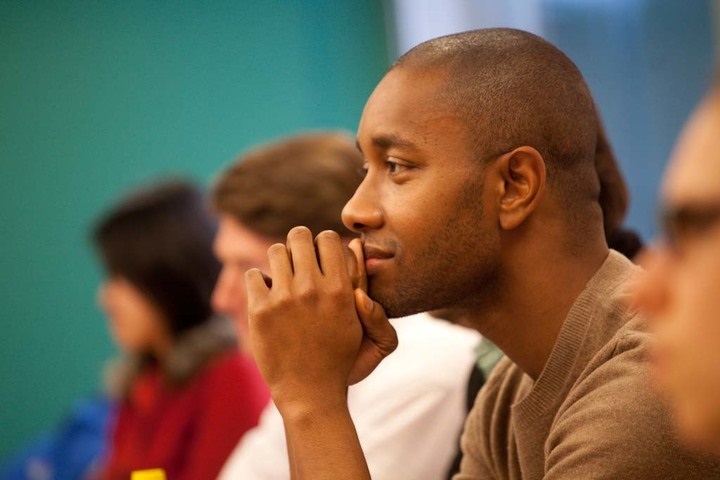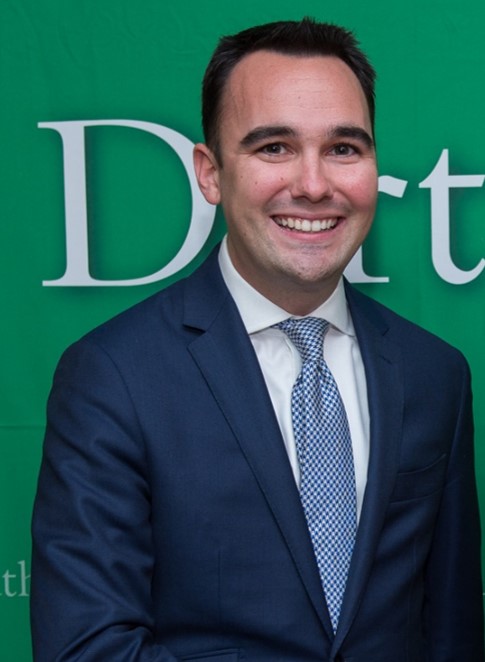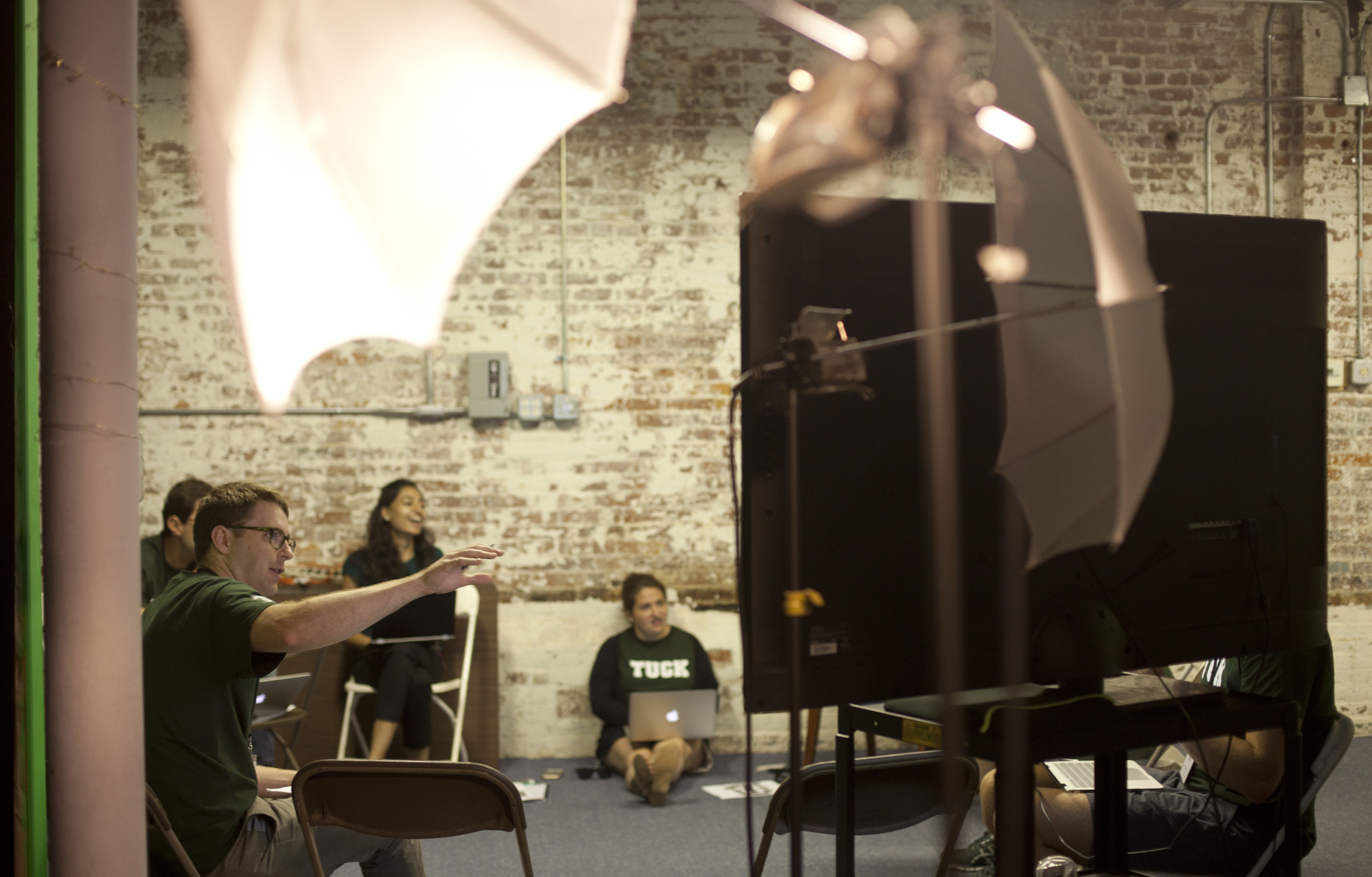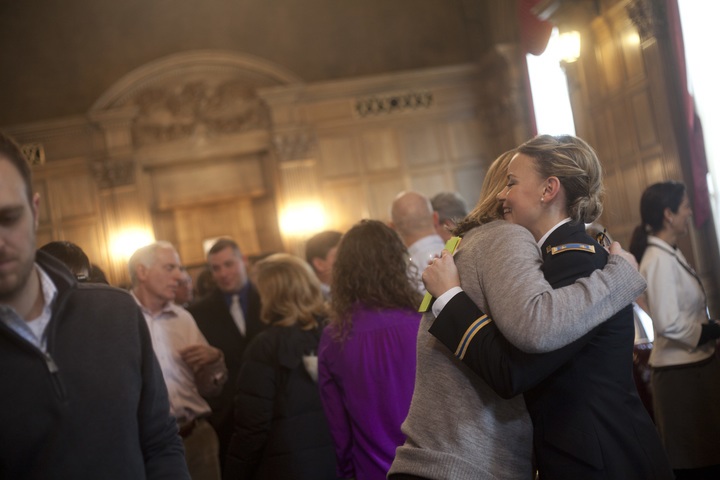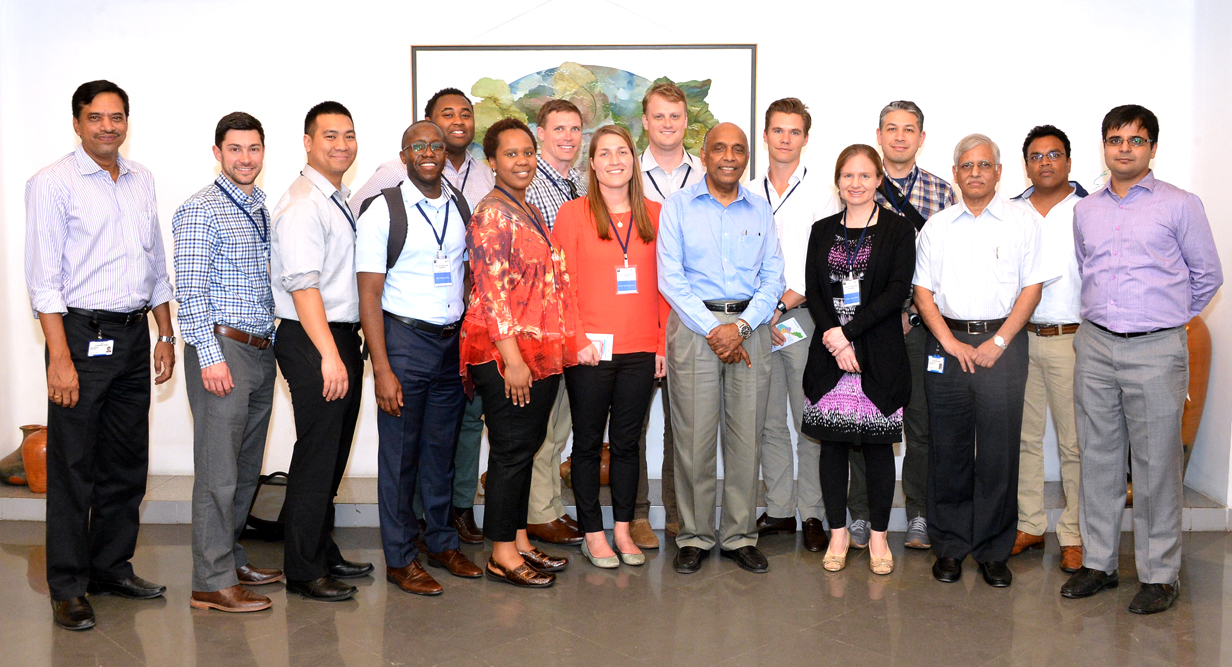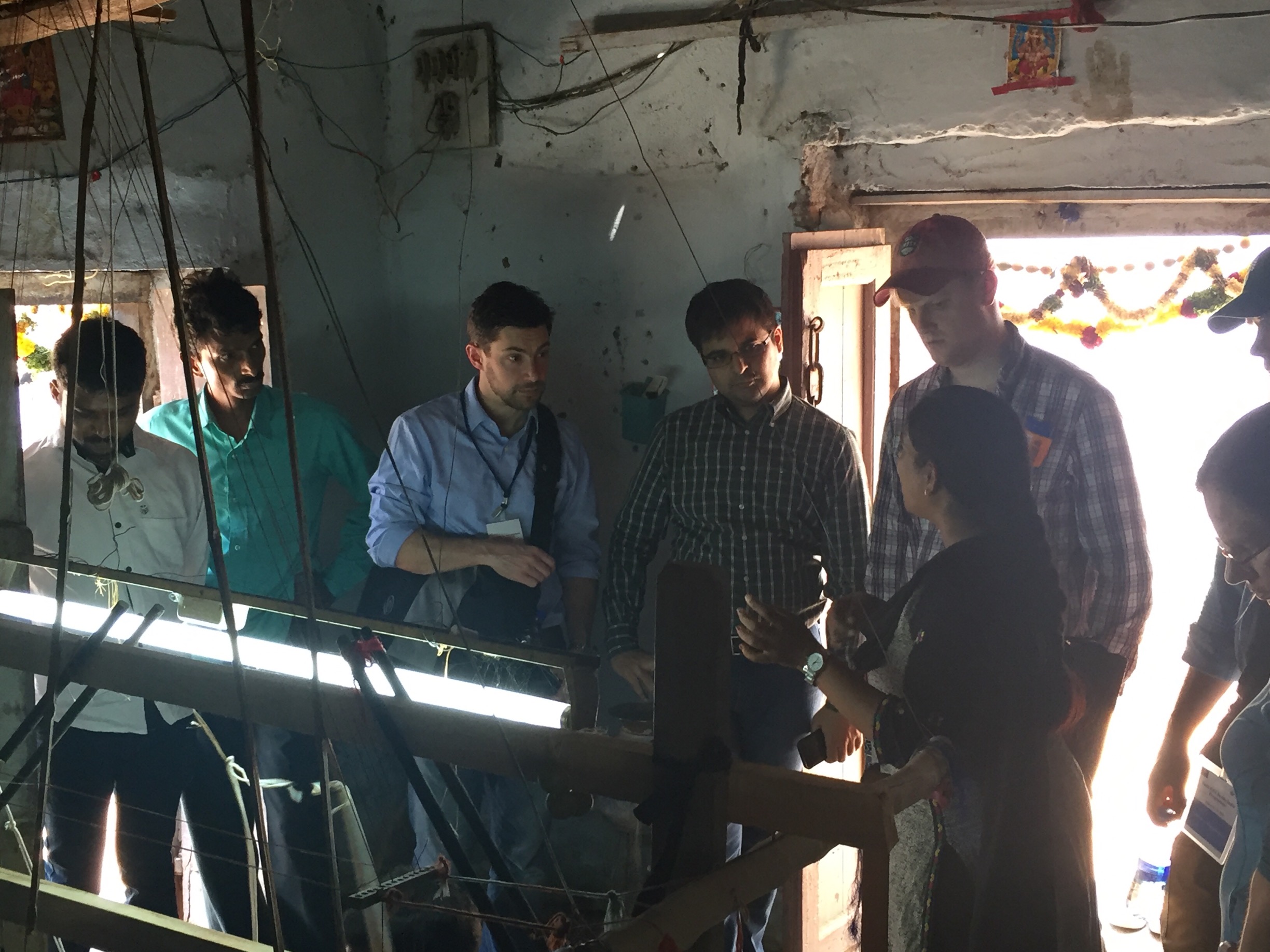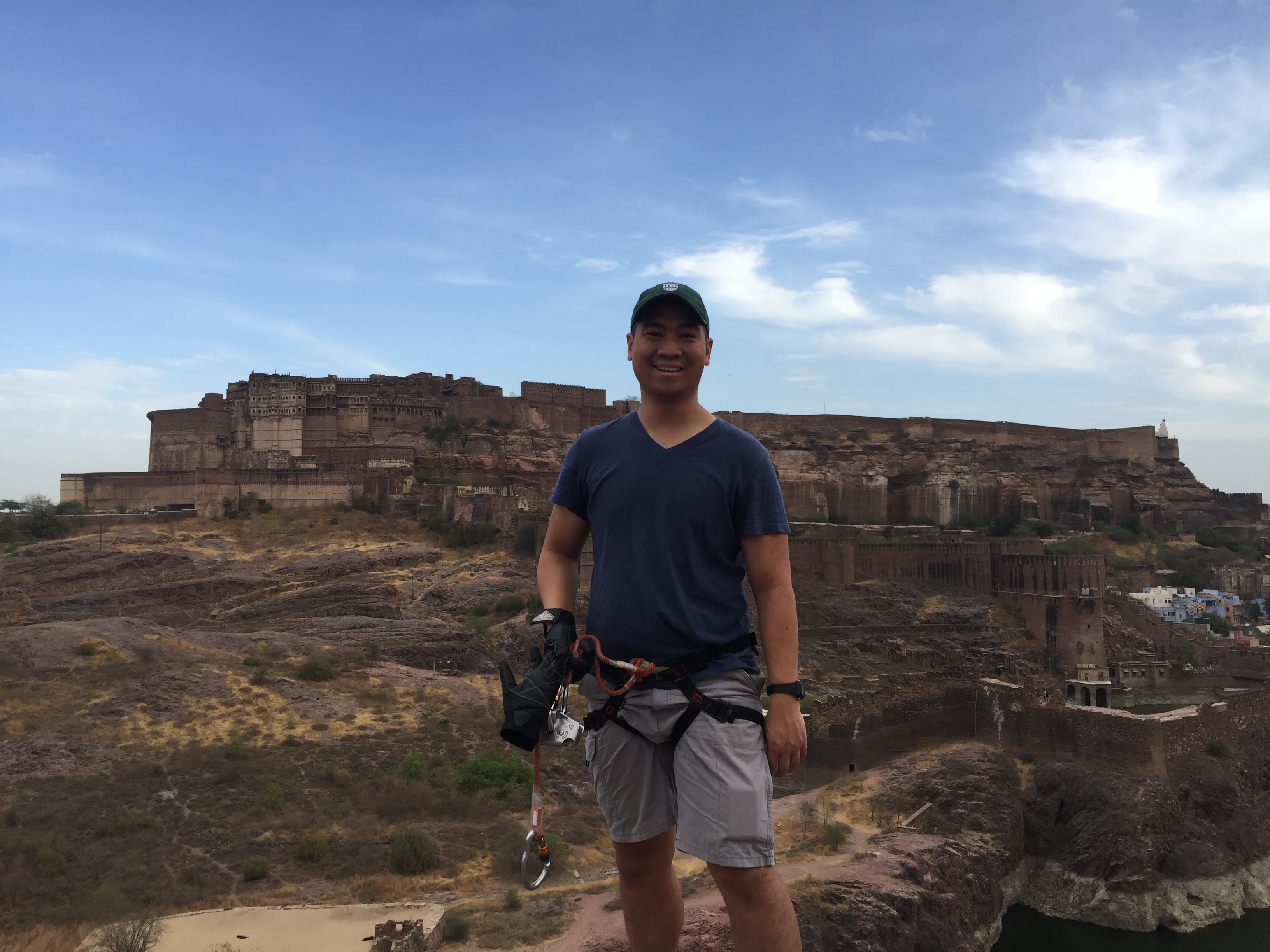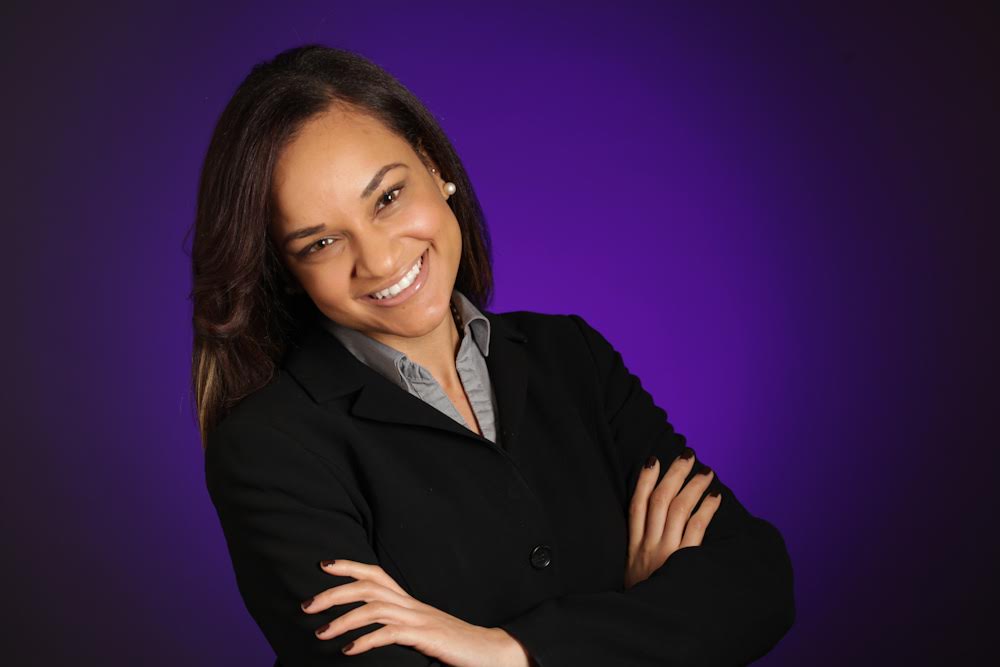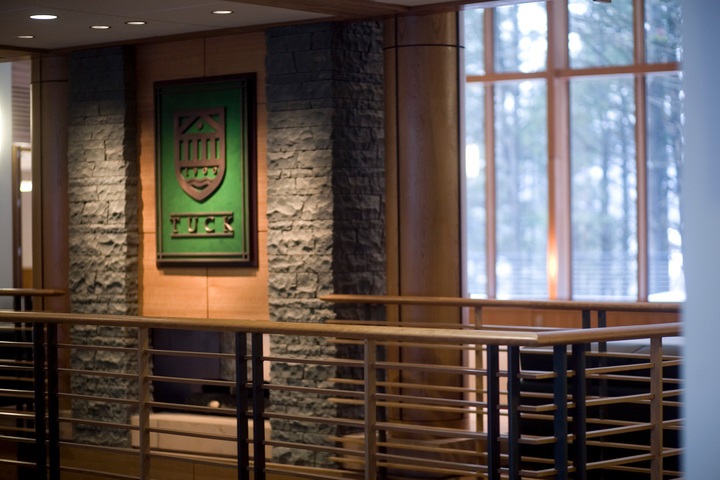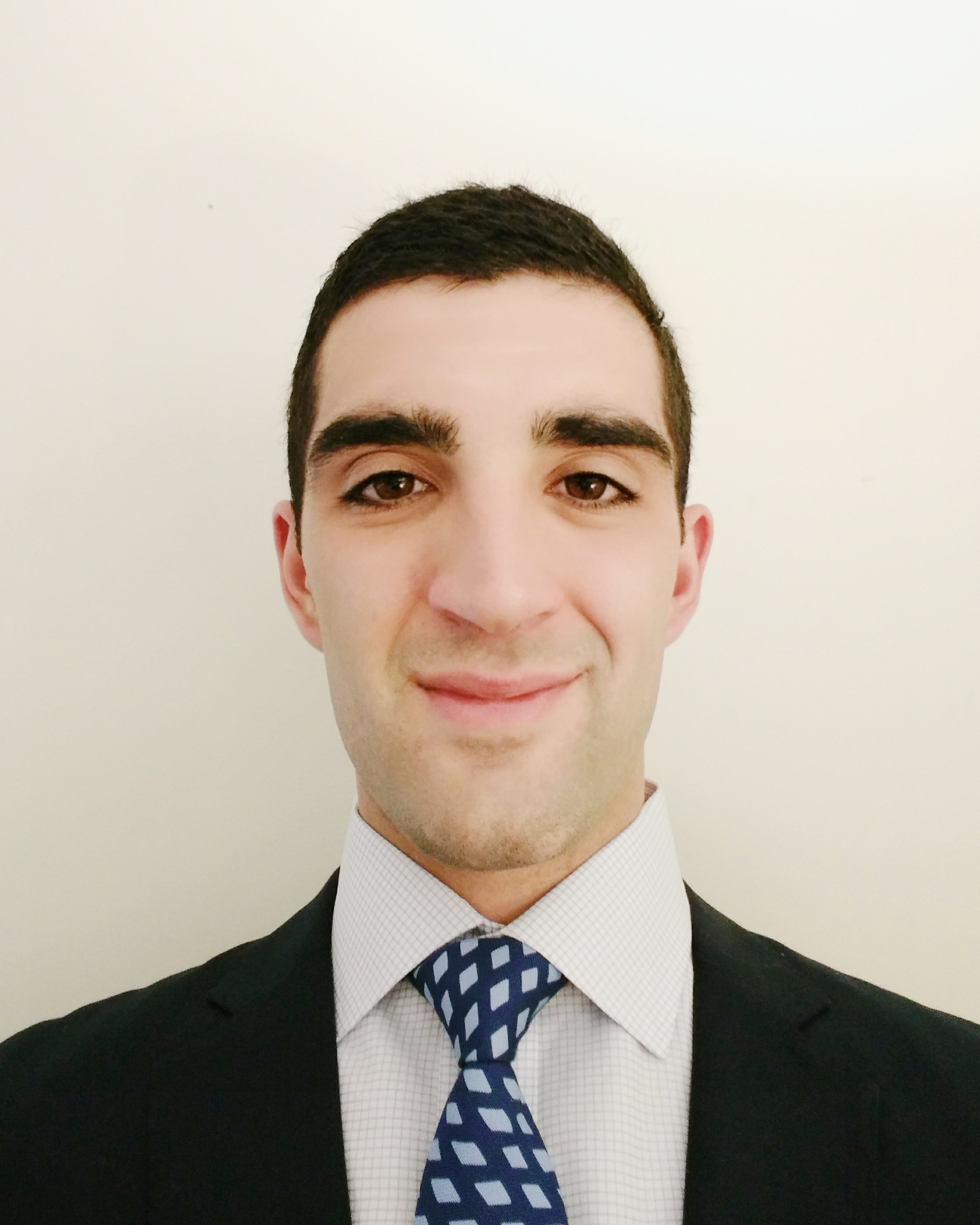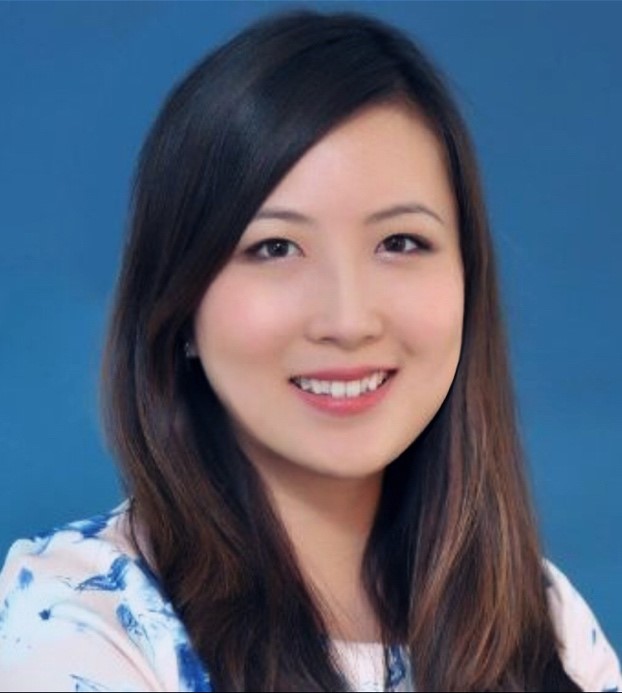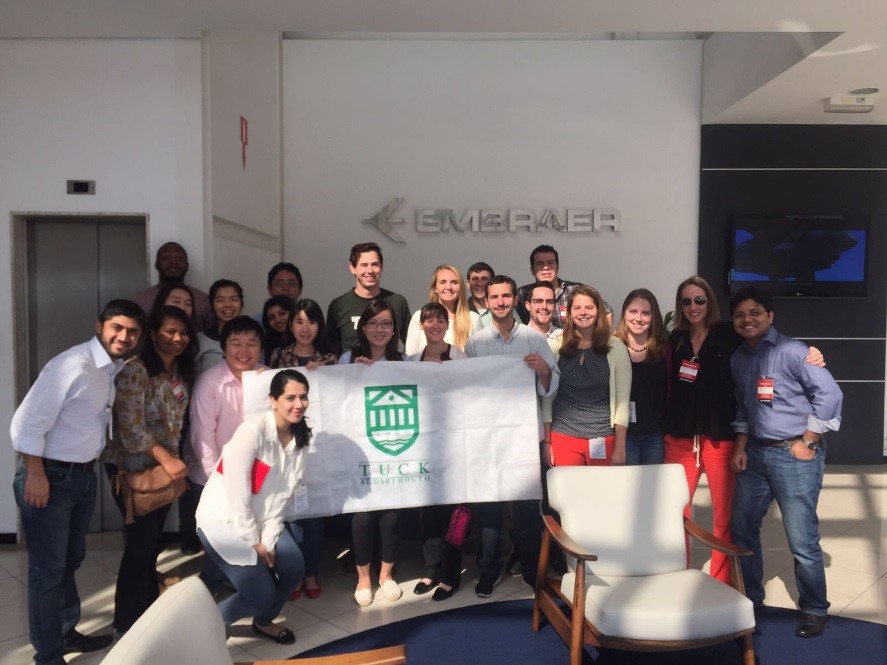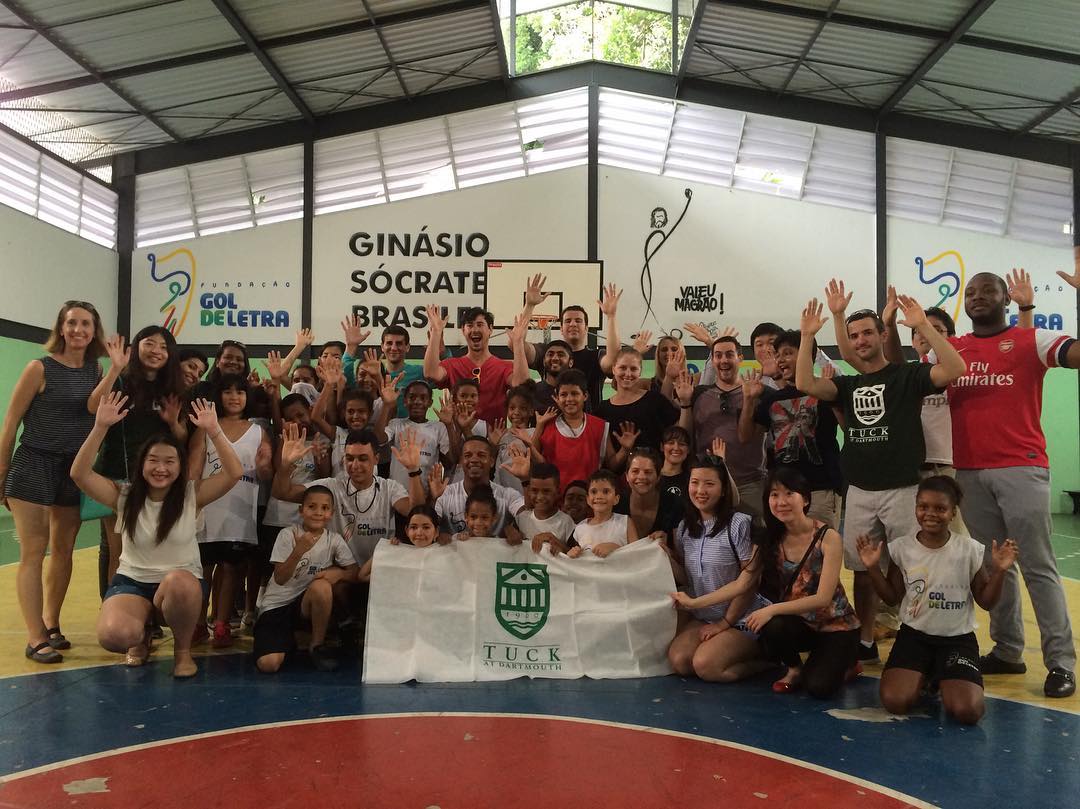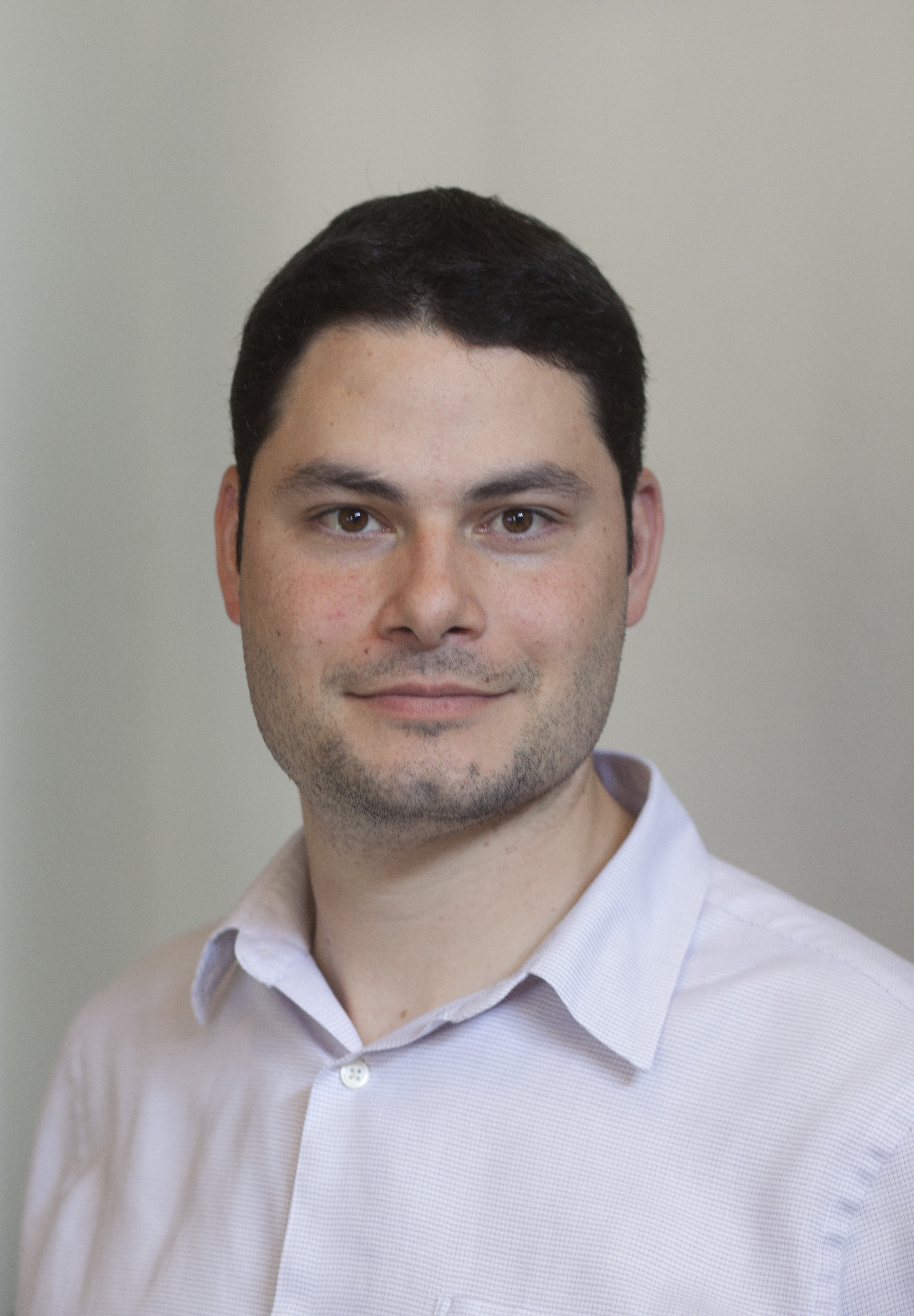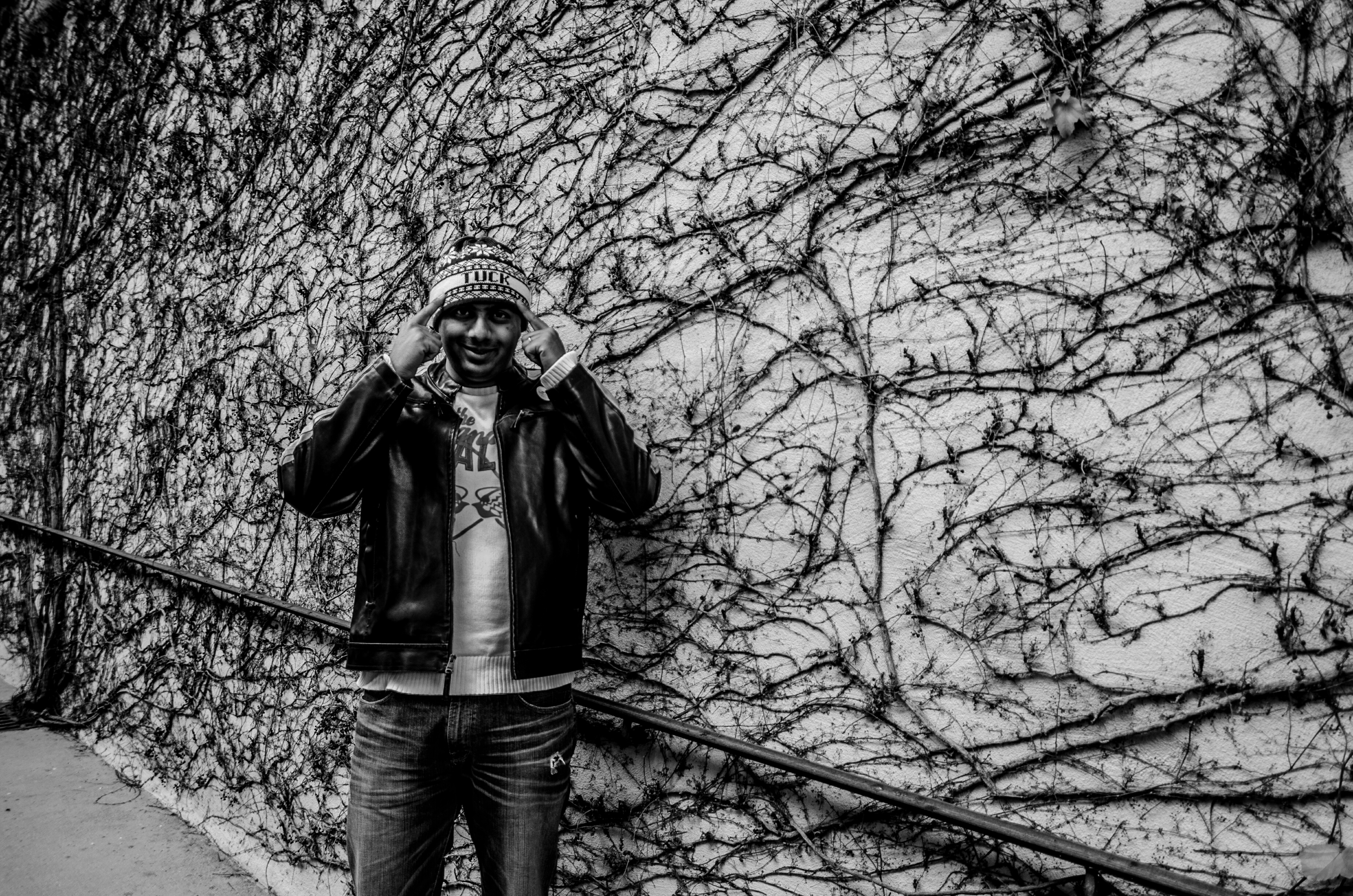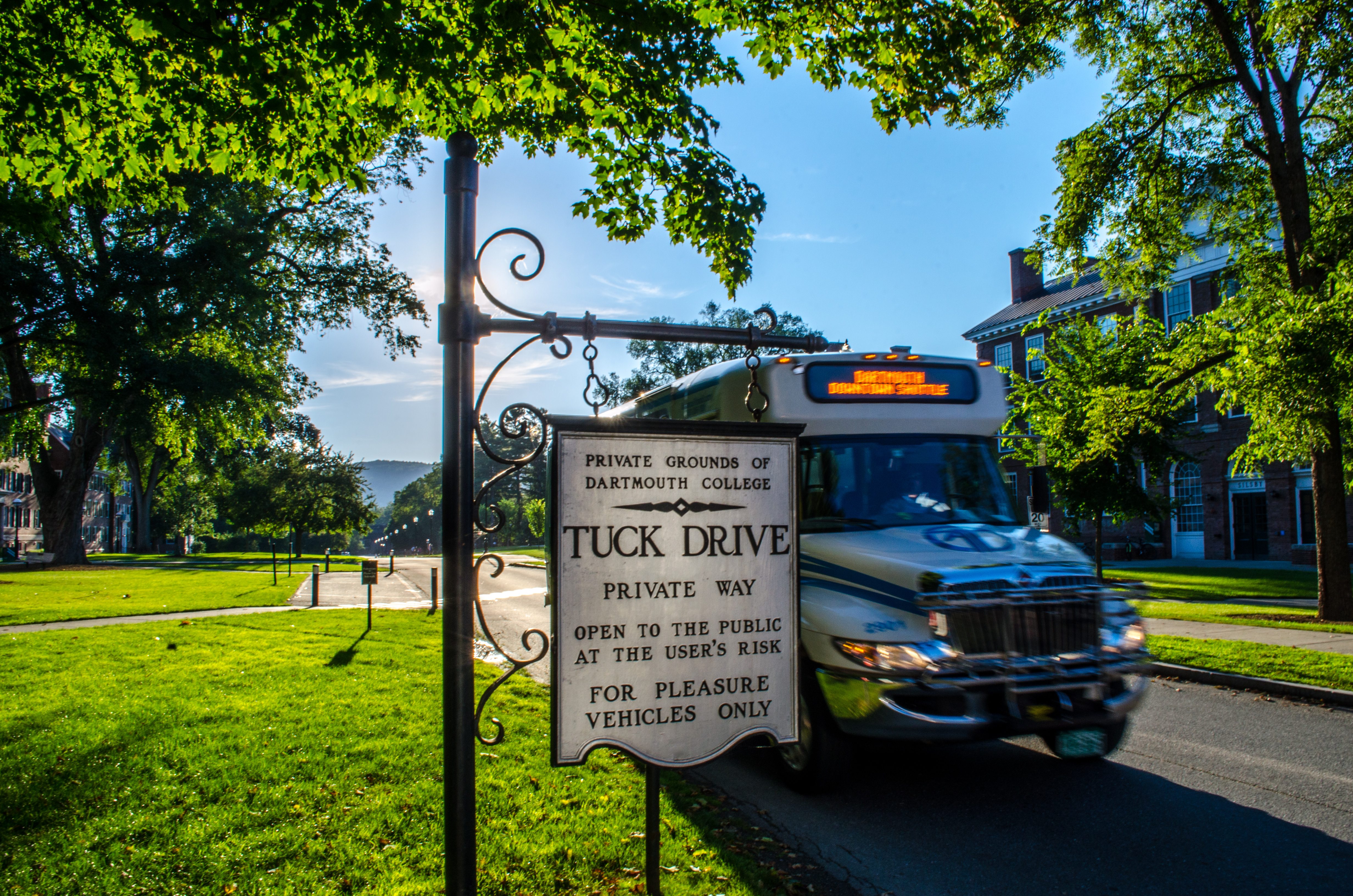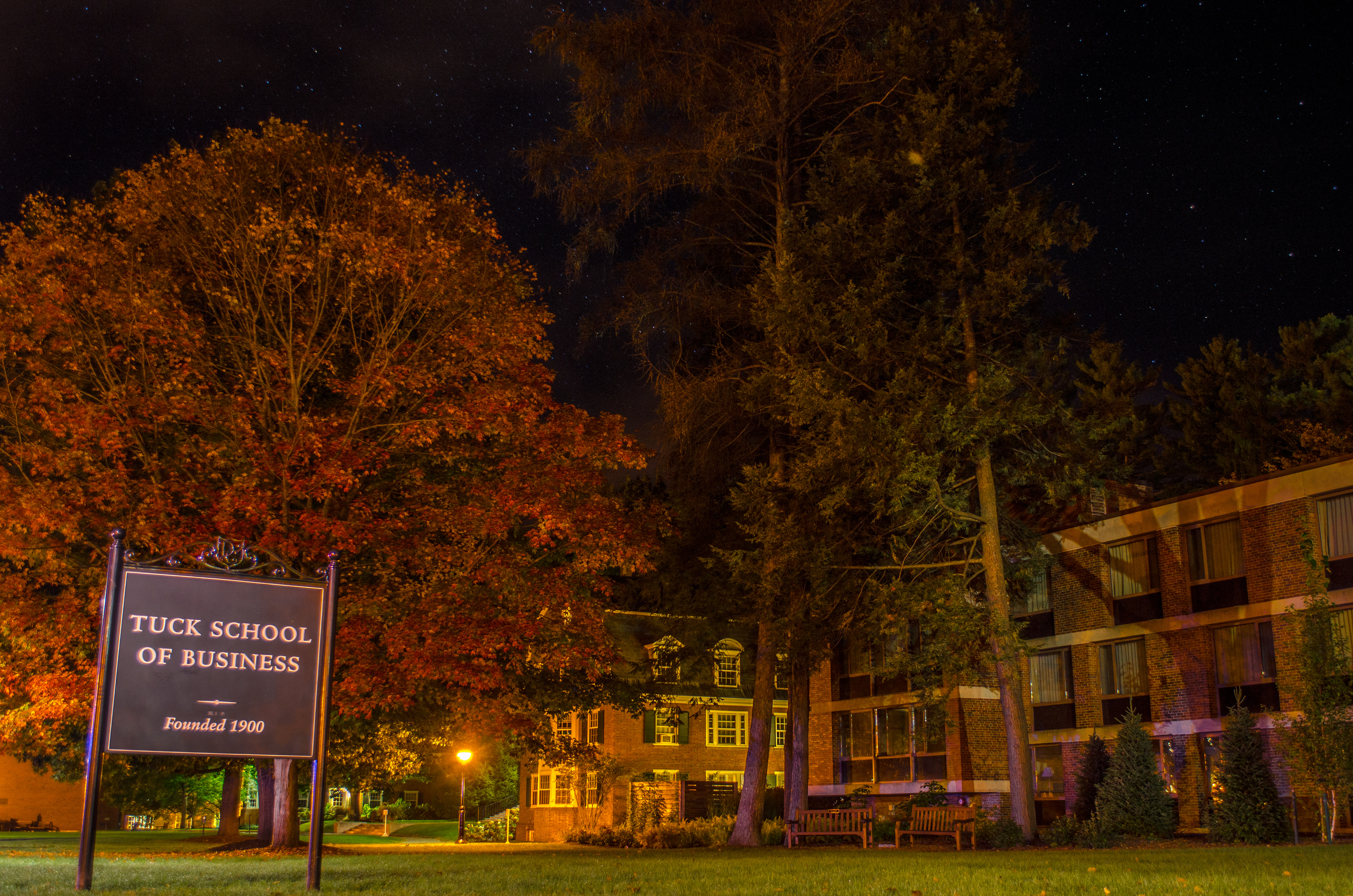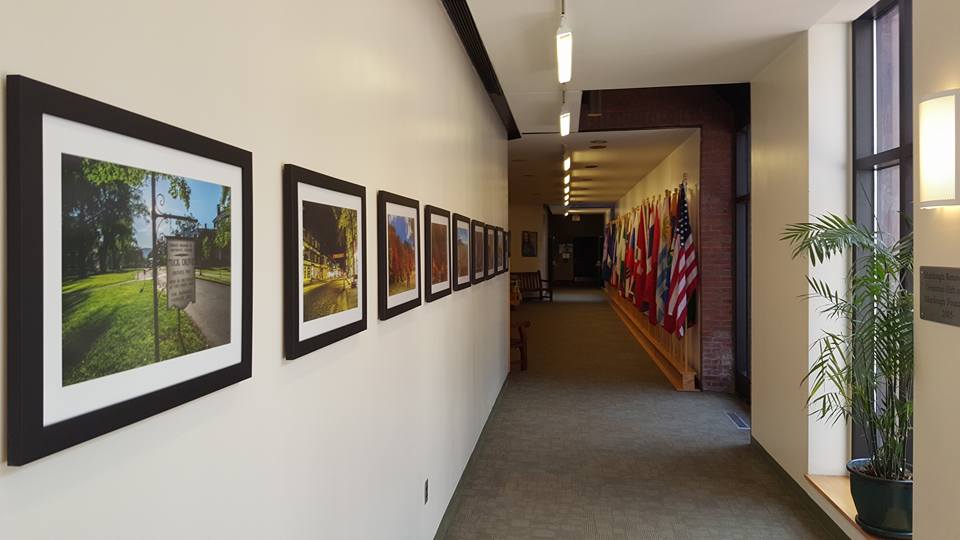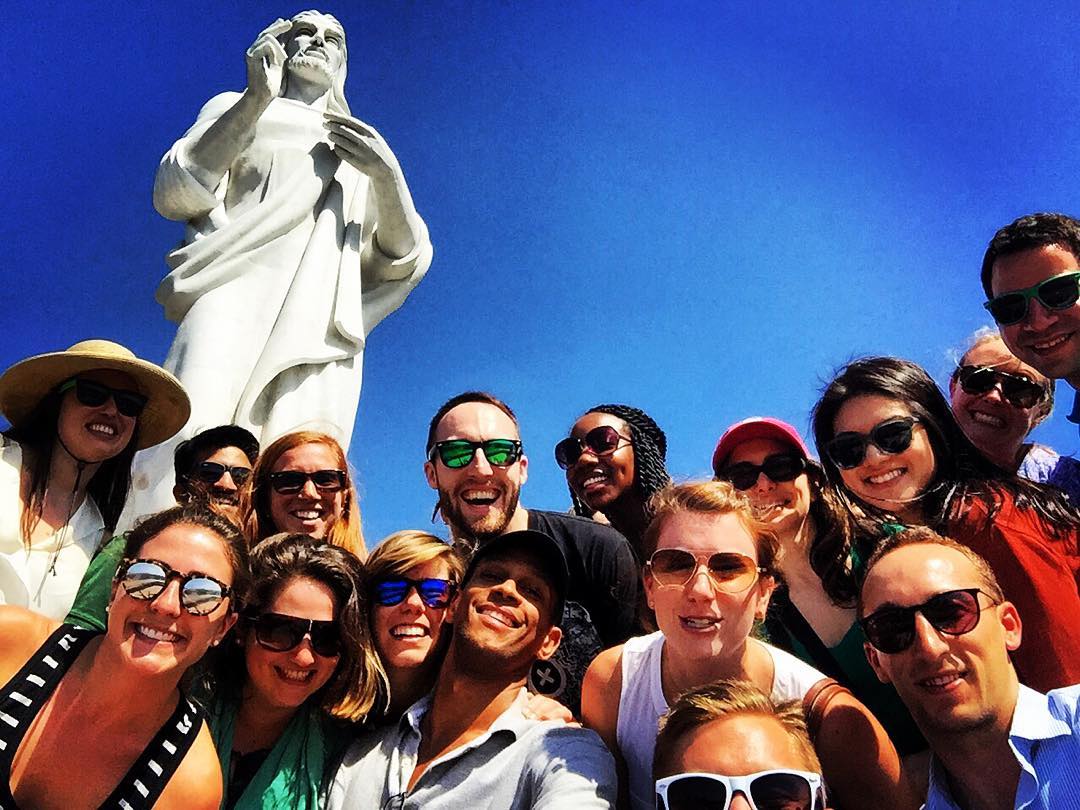|
|

GMAT Club Daily Prep
Thank you for using the timer - this advanced tool can estimate your performance and suggest more practice questions. We have subscribed you to Daily Prep Questions via email.
Customized
for You
Track
Your Progress
Practice
Pays
Not interested in getting valuable practice questions and articles delivered to your email? No problem, unsubscribe here.
Kudos
Bookmarks
Hi! Congrats to everyone who got the coveted call! 
I actually wanted to go for a feedback...and Adcom replied that feedback is applicable only for reapplicants!
Any insights on this?
TIA!
I actually wanted to go for a feedback...and Adcom replied that feedback is applicable only for reapplicants!
Any insights on this?
TIA!
Kudos
Bookmarks
| FROM Tuck Admissions Blog: Applying to Tuck? Check These off Your List |
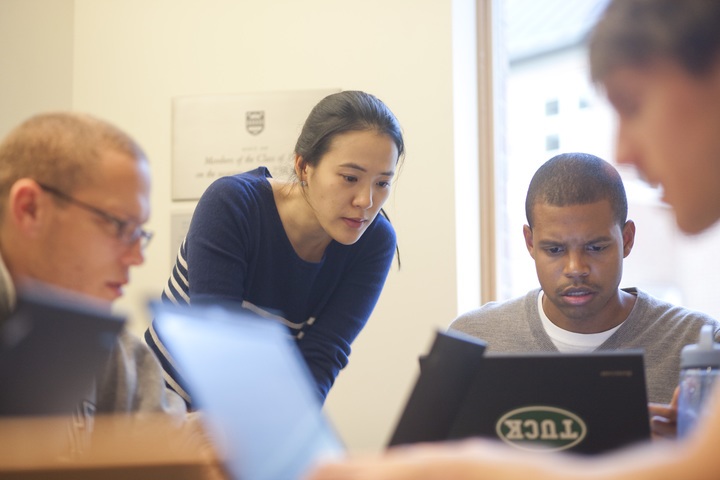 As you continue working on your April Round application, think about the following reminders. Checking off these tasks—in advance of the April 4 deadline—will help you submit the strongest application possible. Good luck, and we look forward to getting to know you soon! 1. If you are able to visit and take advantage of our open interview policy, book yours soon. The interview deadline for the April application round is April 4. Of course, we understand that circumstances sometimes prevent applicants from a visit to Tuck, and that’s OK! An interview is not required in order to apply and Tuck does offer interviews by invitation. 2. Check-in on your recommenders to be sure they are on track to submit their recommendation on time. Be sure to do this prior to the application deadline to ensure that they have time to comply with the deadline, or, if necessary, you have time to find a new recommender. 3. Don’t procrastinate on tackling the essays! This is often an element of the application that many prospective students leave as the final step in the application process, and many are surprised by how challenging they can be. Remember, the suggested word count for each essay is around 500 words, so a great deal of introspection is often needed to ensure that you present the most clear, concise and well-presented essays you can. 4. Proofread. Proofread. Proofread. We can’t say this enough. You may be surprised to know how often we see mistakes that are so easy to avoid with a little attention to detail (remember, Spellcheck is not foolproof, nor is “find and replace”). Focus on good grammar and clear, focused writing. 5. Strive to submit your application prior to the April 4 deadline. Not only will this allow you to troubleshoot if the unexpected happens, it also ensures that you don’t have to experience the last-minute rush of getting everything in on time. 6. Be sure to submit your official GMAT score. The turnaround time for official GMAT scores is down to just 5 or 6 days, so you have some additional leeway in terms of how close to the January deadline you take the test and still have time to get it submitted. 7. Continue to be introspective and explore programs you think would be a good fit. We invite you to take advantage of the many tools, resources and opportunities available to you. |
This Blog post was imported into the forum automatically. We hope you found it helpful. Please use the Kudos button if you did, or please PM/DM me if you found it disruptive and I will take care of it.
-BB
kamranga
Joined: 01 Jun 2015
Last visit: 15 Feb 2017
Posts: 9
Location: India
Concentration: Healthcare, Strategy
Schools: LBS '19 (A) Insead Sept '17 (A)
Kudos
Bookmarks
I got denied w/o interview, but in my rejection note, they requested me to seek feedback, starting that my profile had a lot of potential, and have encouraged me to reapply.
If they felt I had potential, any idea why I wasn't given an interview? I'm guessing its because I probably come from an overrepresented candidate pool (Indian + Engineer + Consulting)
If they felt I had potential, any idea why I wasn't given an interview? I'm guessing its because I probably come from an overrepresented candidate pool (Indian + Engineer + Consulting)





